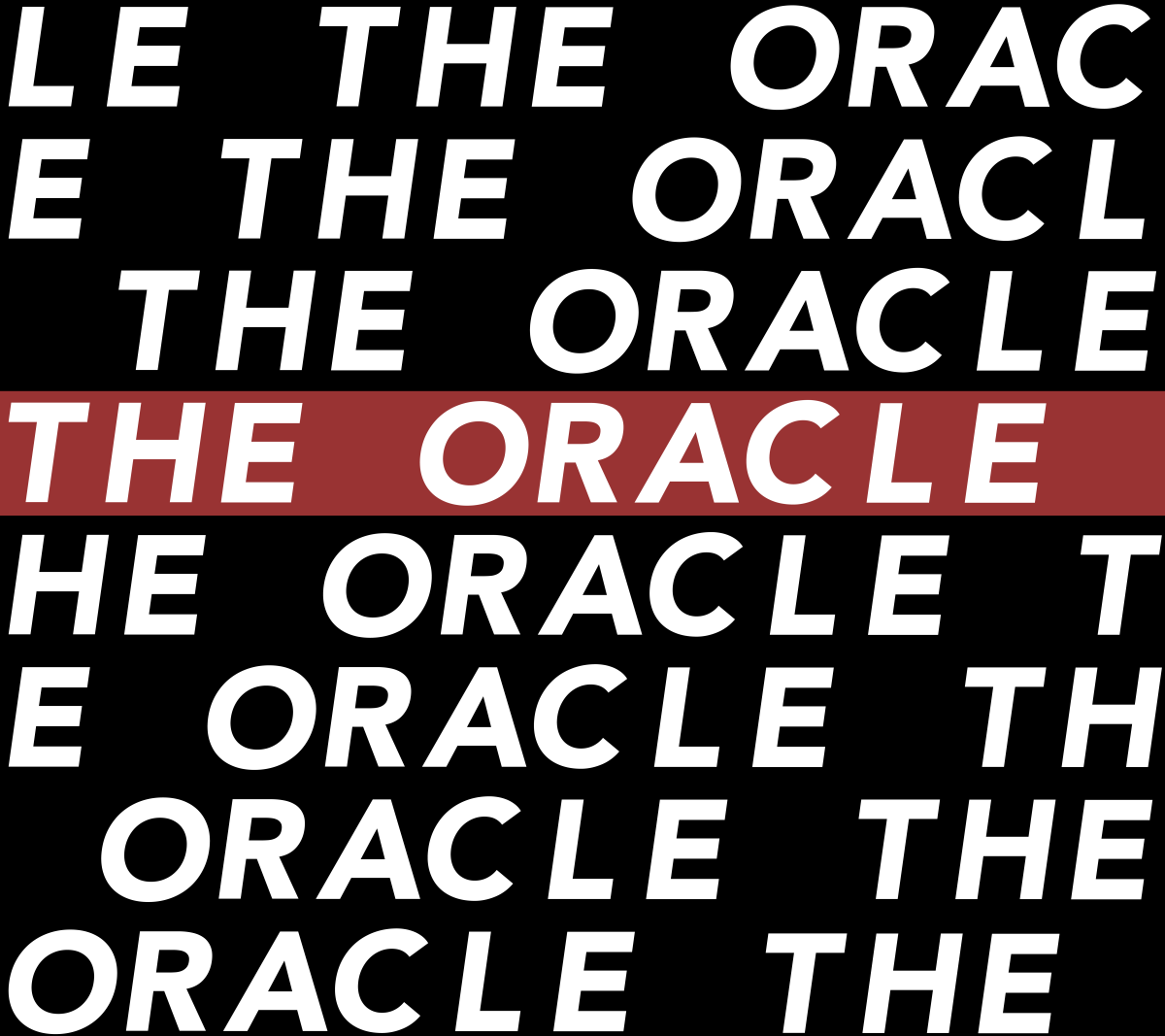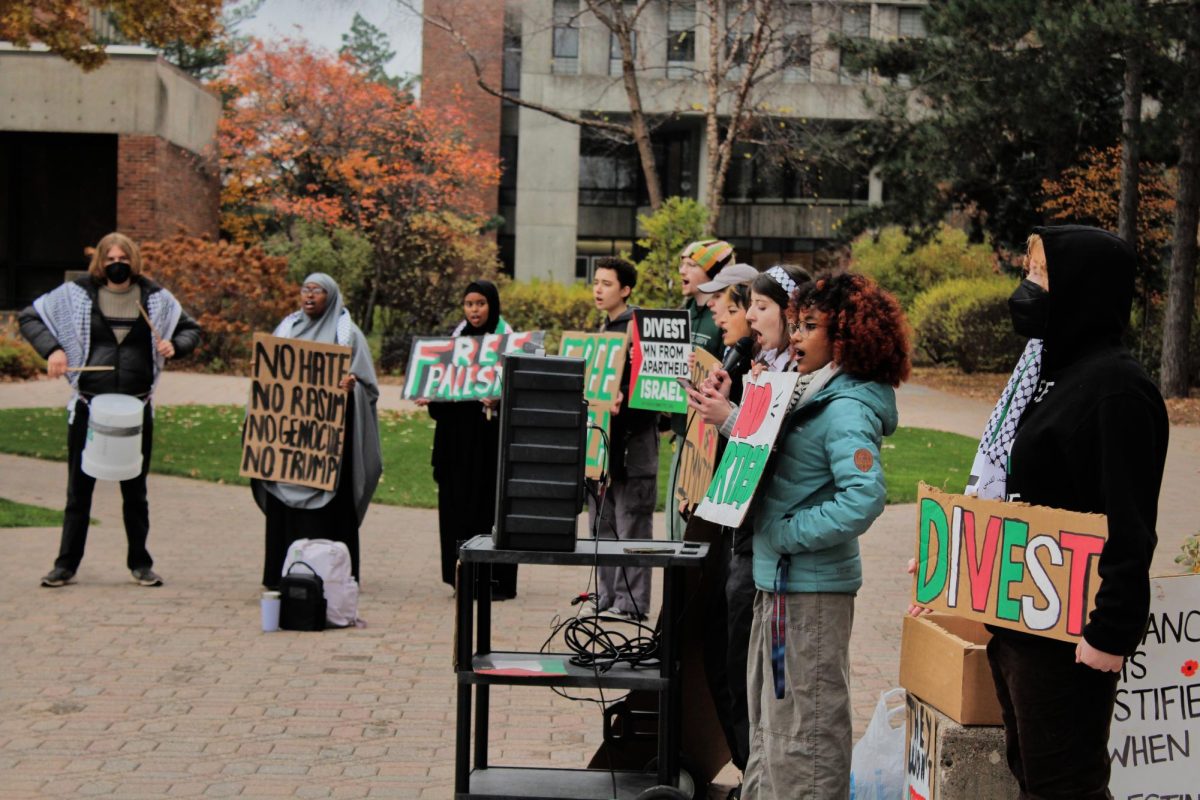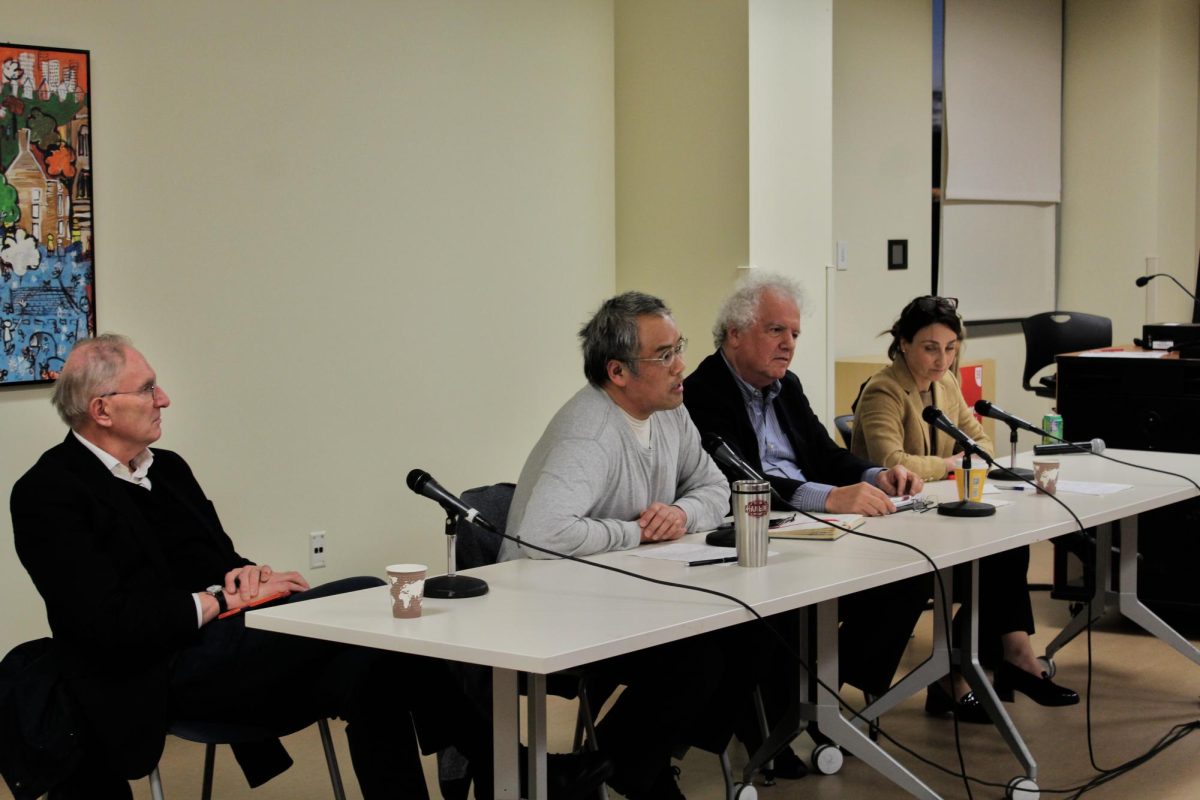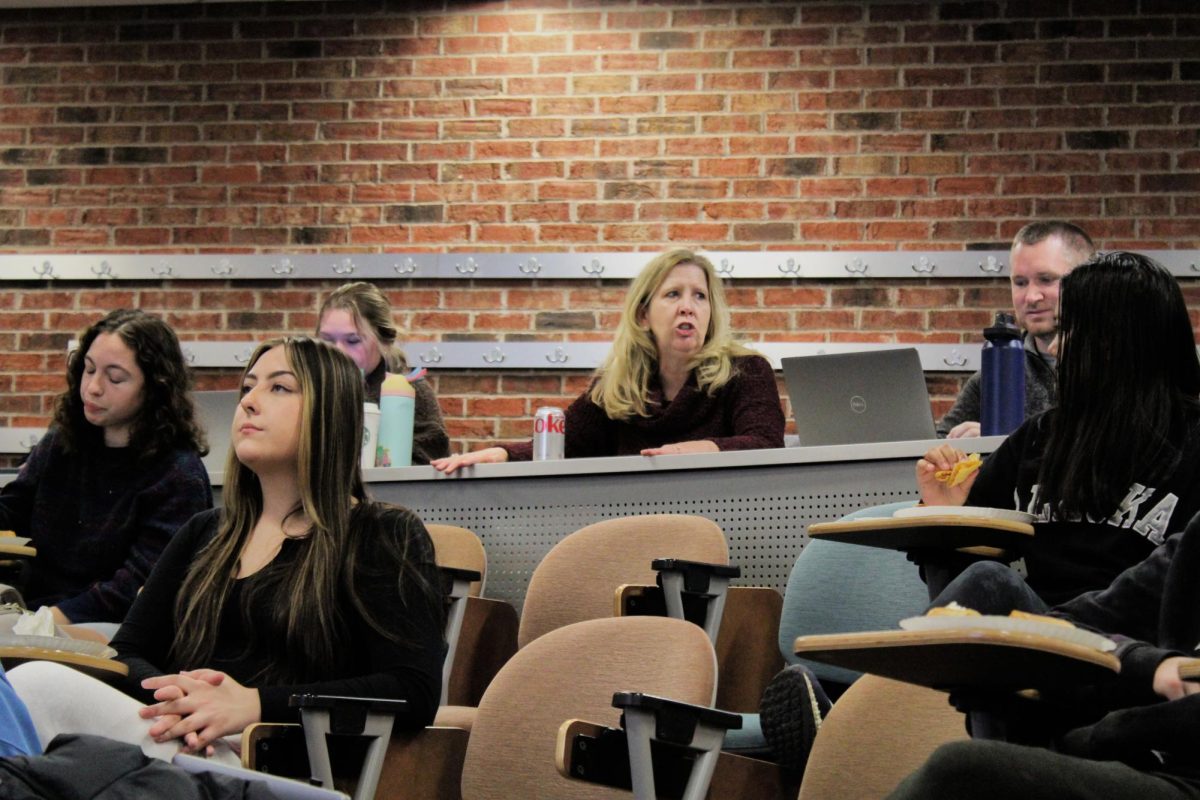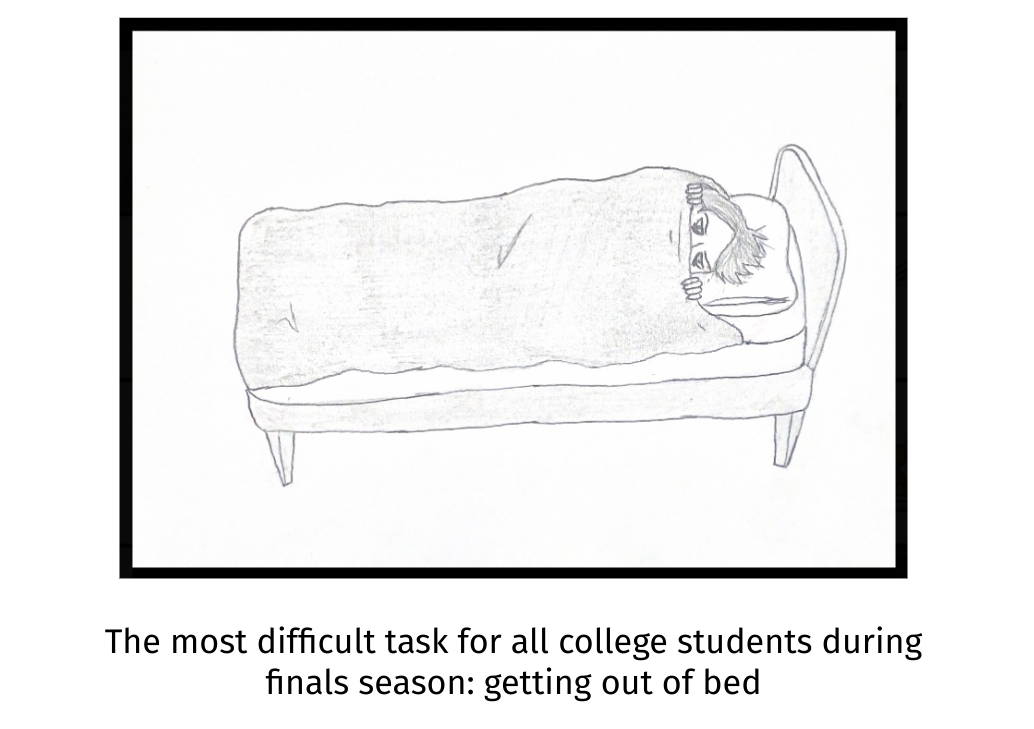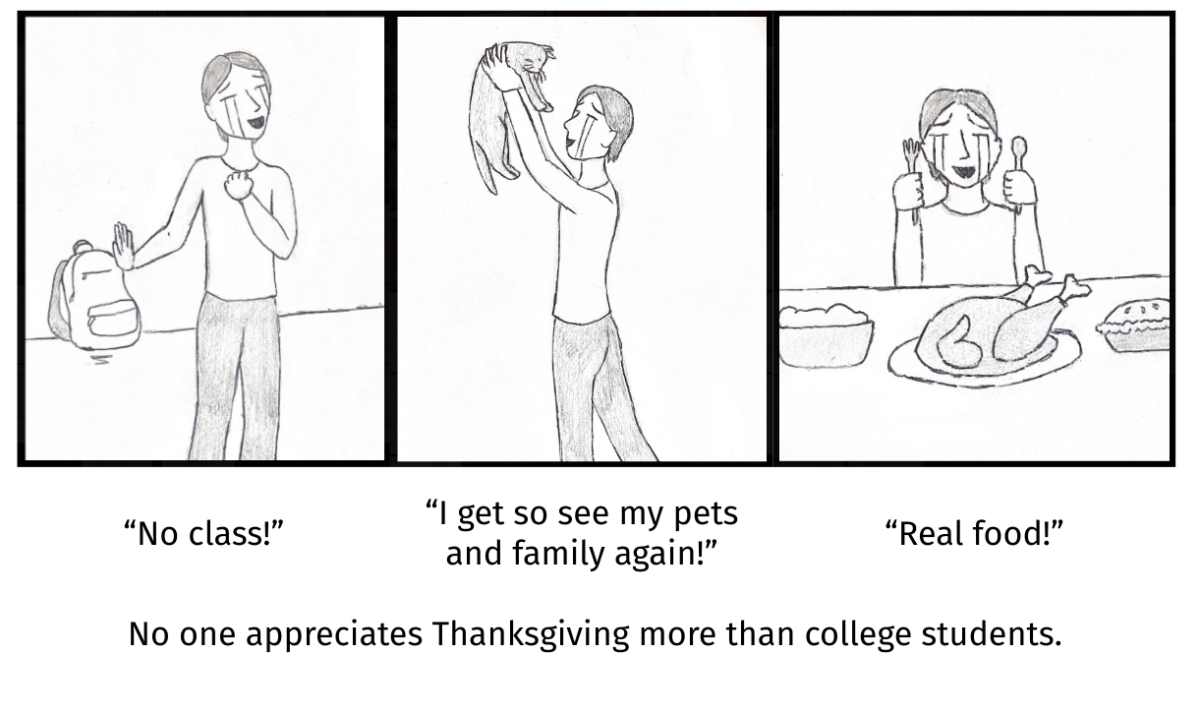Social Responsibility Committee works towards creating a more equitable institution
Over the summer, students and faculty came together to create an on-campus organization to advocate for transparency and accountability.
During the summer of 2024, students, staff and faculty came together to create the Social Responsibility Committee (SRC) — an organization that serves to foster greater transparency, accountability and an institutional future that aligns with stakeholder values.
In the spring of 2024, campus-wide protests led by Students For Justice (SFJ), demanded financial transparency from the university to promote divestment from corporations or private organizations that fueled the Palestinian genocide. Their efforts were unsuccessful, even resulting in some students receiving code of conduct violations against them. As a result, administrators worked closely with students and faculty over the summer to create the SRC as a way to work together towards justice-focused goals.
Although the SRC is new to Hamline this fall, the work to create the committee began last spring. SFJ member and junior Clare Friar credits the initial divestment request to senior June Gromis, who created a resolution requesting financial transparency from the administration during her time as the disability representative on the Hamline Undergraduate Student Congress (HUSC).
“The need for this committee was identified by SFJ during the Boycott, Divestment and Sanctions (BDS) protests last year. It started with the resolution passed by June Gromis, which passed through HUSC. This resolution called for Hamline University to divest from Israel,” Friar said.
Historically, SRCs have been used in higher education as a way to consider the ethical implications of investments, including but not limited to marriage equality, apartheid South Africa and fossil fuels. Professor of English and advisor of SFJ Kris Deffenbacher points to SRCs as a vehicle for the consideration of where our money is going.
“For a number of institutions, SRCs have become mechanisms for considering [disclosure and divestment] requests. And rightly so, there should be a mechanism for considering the ethical implications of our investments, and that’s what an SRC is,.” Deffenbacher said.
What’s more, the SRC allows students, faculty, staff and alumni to get involved in the divestment process. SFJ member and [insert year] Ivy Evrard hopes that the SRC will not only reach the short-term goal of divestment but will continue to build a framework to work through similar ethical and sociopolitical issues in the future.
“The committee is to allow students and alumni to be directly involved in the divestment process, and I feel like this has been a huge movement across campus as well. So it’s not just been our organization, but this is also [a] framework that’s going to benefit in years to come,” Evrard said.
According to Deffenbacher, however, the SRC process requires careful planning and navigation through bureaucratic red tape that very few faculty and even fewer students have access to.
“Of course, they are not going to be able to [create a perfect proposal] because they don’t have inside knowledge of how the administration and the board works, and again, many faculty don’t have that knowledge,” Deffenbacher said.
Friar pointed to this lack of access to institutional knowledge as yet another roadblock for the SRC. With only two weeks to submit their proposal to the Board of Trustees, certain processes needed to be first created first before students could actually move through them.
“We are presenting demands and then being told that we have to follow institutional processes, and not only that but institutional processes that don’t even exist at Hamline. So we have to create those processes to then engage with them,” Friar said.
For Evrard, these extra steps complicate the proposal process. They believe that while divestment is ultimately one of the goals, it would be much easier to achieve if these processes were more transparent.
“Not having transparency has made this a lot more difficult as well by adding an additional roadblock. So, because we don’t even know at a base level where Hamline’s investments are, it’s going to already make these calls for divestment an added step,” Evrard said.
As a school that has a large social justice focus, Lopez hopes that in the long term, the SRC can advocate for financial transparency and for the university and students’ values to align.
“Long term, it allows students the right to give input on university processes as a whole including but not limited to investments. This committee would also hopefully allow the Hamline community as a whole to get greater transparency on university finances and move Hamline in a direction more suited to the community’s values,” Lopez said.
Evrard emphasized the importance of this committee, as it creates a framework for addressing similar issues in the future. They believe that students who pay tuition should have a say in where their money goes and deserve transparency in making sure that investments are made in good faith.
“I think it’s not only creating this institutional framework, but I would like to see a university where students who pay tuition, which is the highest revenue for the university, have a say in where that tuition goes and that [the administration is] making ethical, responsible investments,” Evrard said.
To learn more about the Social Responsibility Committee and to get involved, visit Students for Justice on Instagram, at @sfj_hamline.
Social Response Committee works towards creating a more equitable institution
Alex Bailey, News Editor
October 9, 2024
Categories:
Oracle Social Responsibility Committee story
collage by: ma shwe
Story continues below advertisement
1
More to Discover


